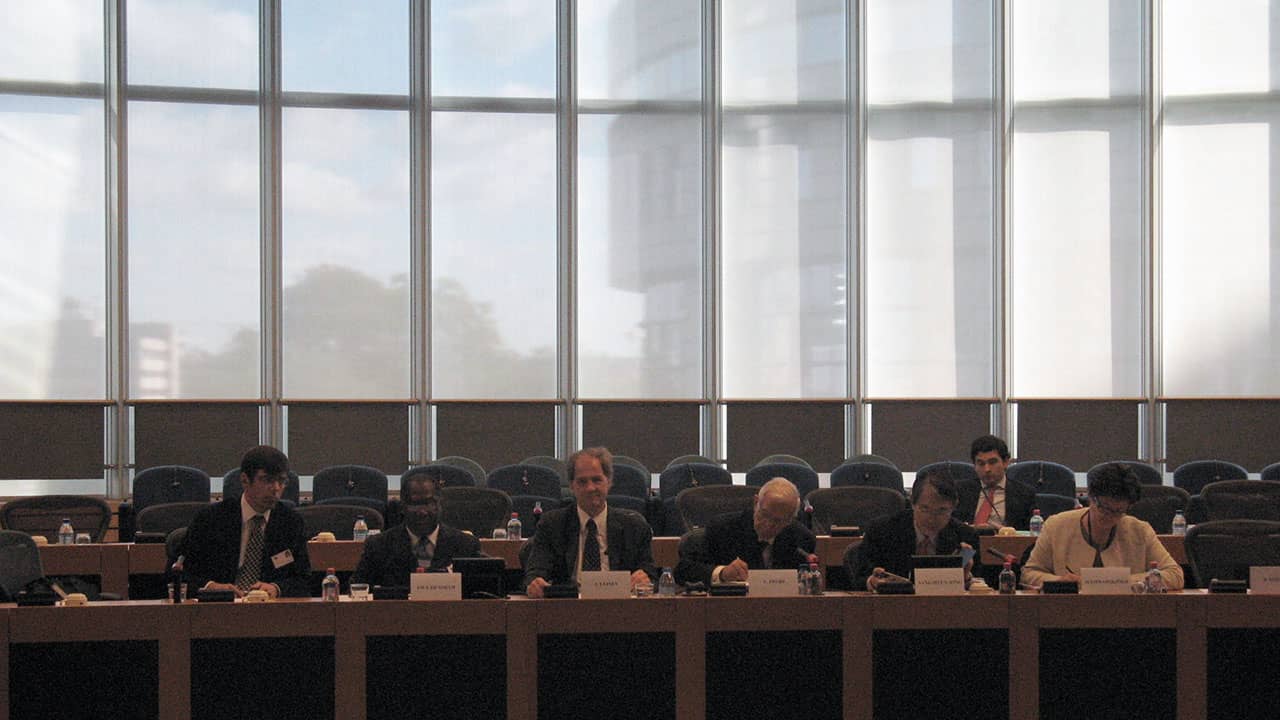Rome Statute
Georgia signed the Rome Statute on 18 July of 1998 and ratified it on 5 September of 2003.
Kampala Amendments of 2010
The Georgian parliament approved ratification of the Kampala amendments on 1 October, 2014 and it is expected that the instrument of ratification will be deposited at the end of October, 2014.
Parliamentary Action
Status on the domestic implementation of the Rome Statute
Five comprehensive pieces of legislation on ratification and implementation adopted with political and technical leadership of PGA.
Related activities
Georgian MPs participated in several sessions of PGA’s Consultative Assembly of Parliamentarians for the ICC and the Rule of Law: II session in New York (2003), III session in Wellington (2004) and IV session in Tokyo (2006).
Agreement on Privileges and Immunities of the Court (APIC)
Georgia signed and ratified the APIC on 10 March 2010.
Additional Agreements
Georgia signed a Bilateral Immunity Agreement with the United States regarding the surrender of persons to the International Criminal Court on 10 February 2003 which entered into force on 26 June 2003.
Progress and Related Action
Parliamentarians from Georgia have committed to achieve and promote the universality of the Rome Statute and cooperation with the ICC through the Parliamentary Assembly of the Council of Europe. For the work of PGA within the PaCE click here.
Other relevant information
Human Rights Council Universal Periodic Review: Georgia will be reviewed during the 23rd session of the UPR in 2015.





